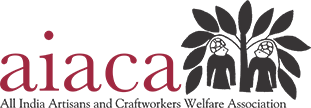A SELCO Foundation Initiative
SDG7 Driven Solutions Build Socially and Environmentally Sustainable Communities
(represented in Patachitra)
Presents a Women Farmer Producer Company setting up its own solar-powered milling centre for their members and being accessible for other farmers in the region when other centralised mills had shut down. Able to respond and innovate in their processes, the FPO also provided rations and relief materials to the quarantine centres increasing their incomes.
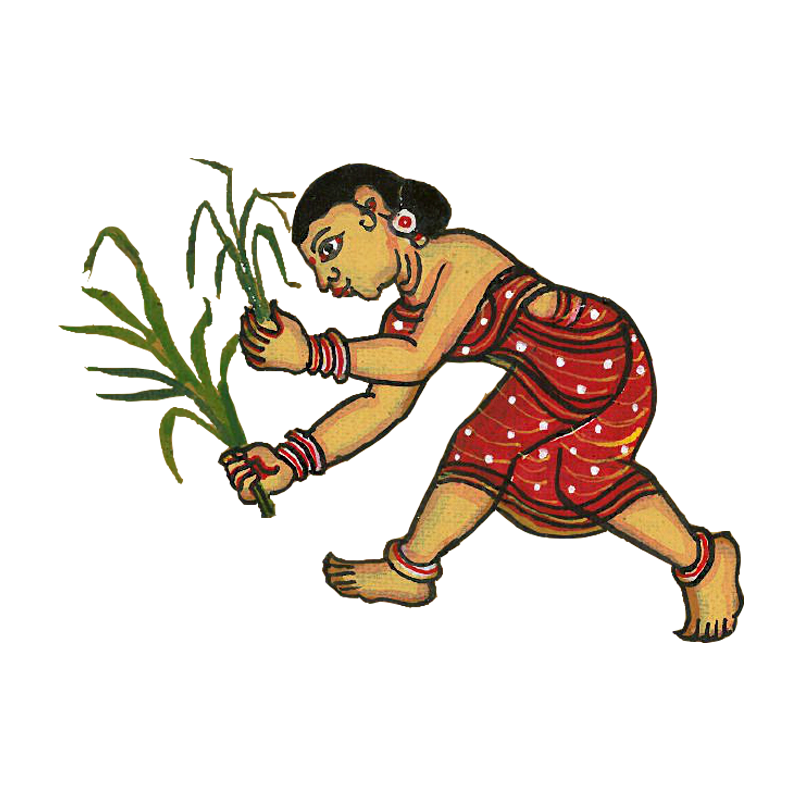
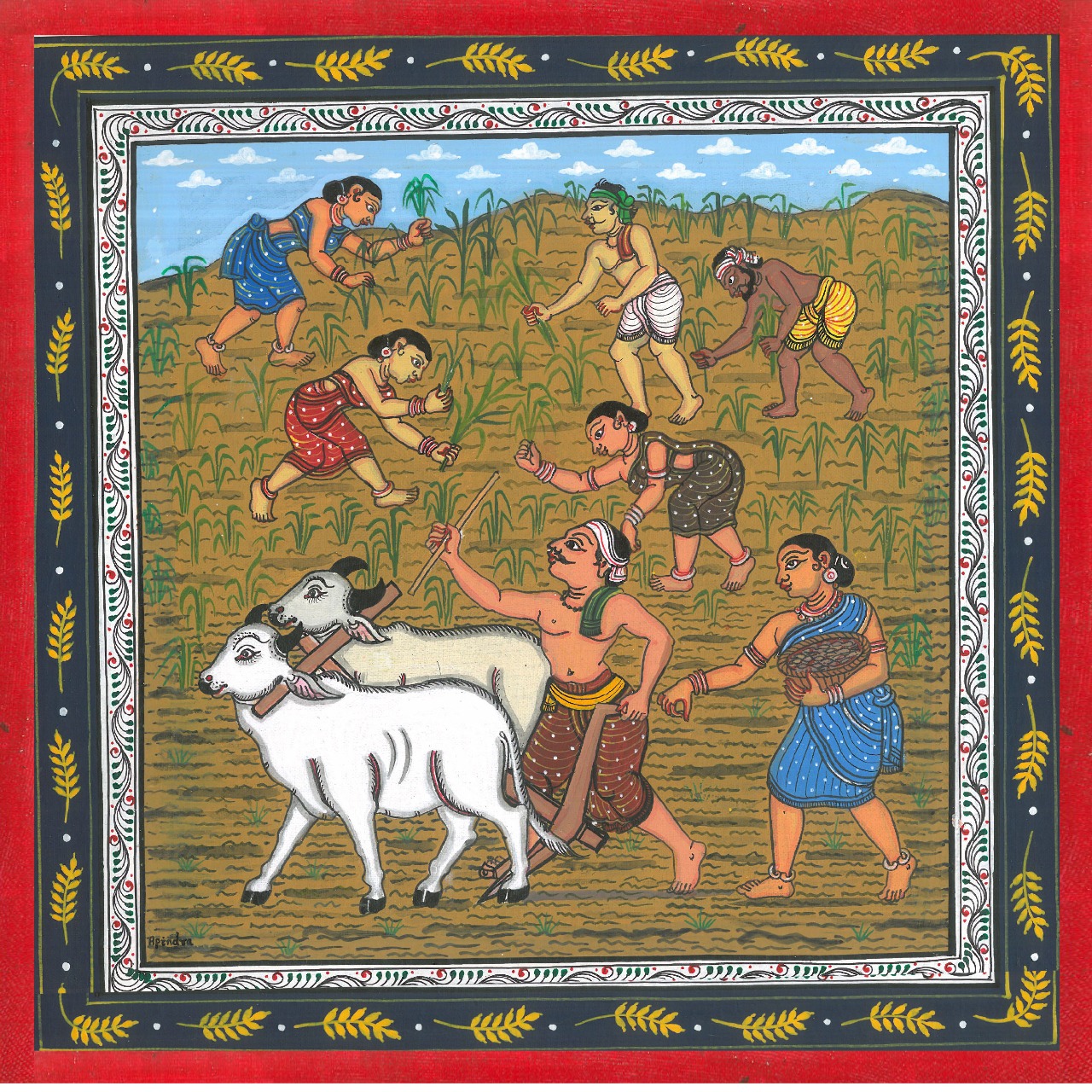
There is a district in India that is known for its production of aromatic paddy and black jeera rice, an integral part of maintaining local biodiversity in the region. In one of the villages of this district, a women-led Farmer Producer Company (which has 470 registered members and shareholders), established the production of aromatic paddy, black jeera rice and normal varieties of rice for the region. In 2018, they decided to set up their own solar powered milling centre for their members and other farmers in the region.
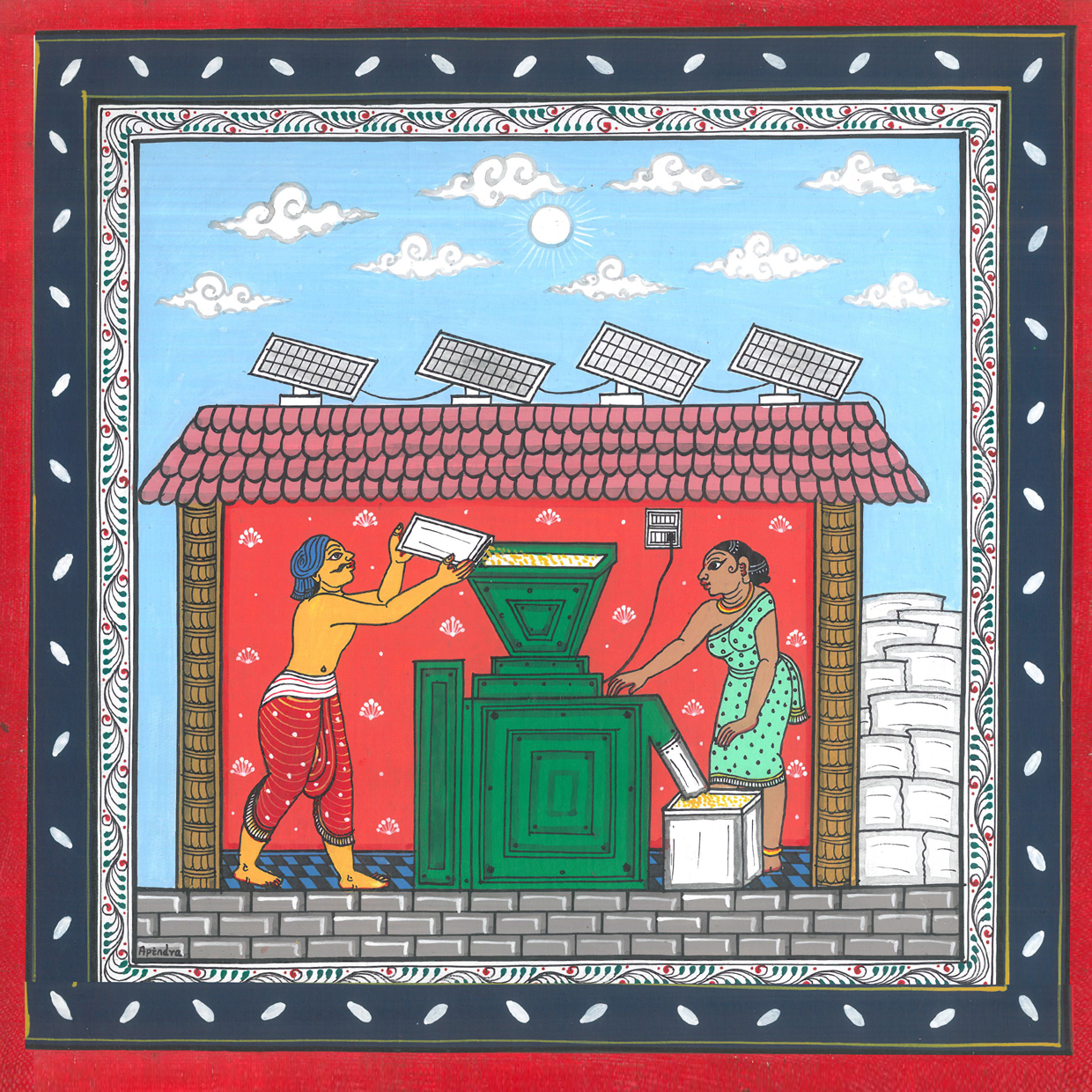
The decentralised mill was run by the production staff, mill operator and a night watchman, who also undertook the packaging and marketing of the paddy. One of the benefits of being a member of this mill was that they procured paddy from the farmers at the same rate as that of the government centres.

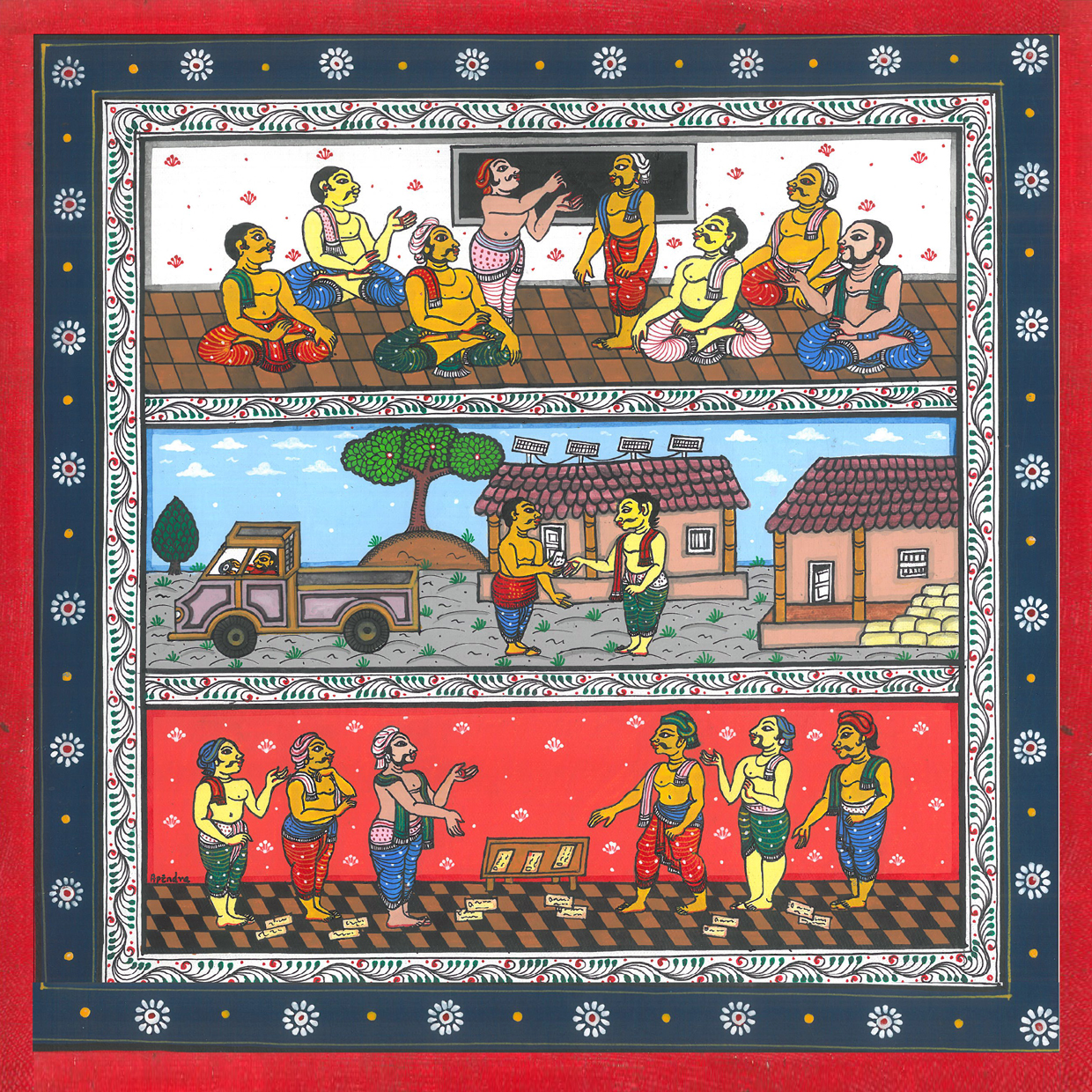
Members of the centre also got several additional benefits such as technical support, access to good quality seeds and fertilisers, full payment of paddy even before delivery of grains and best of all, a share of the milling centre’s profit at the end of the year.
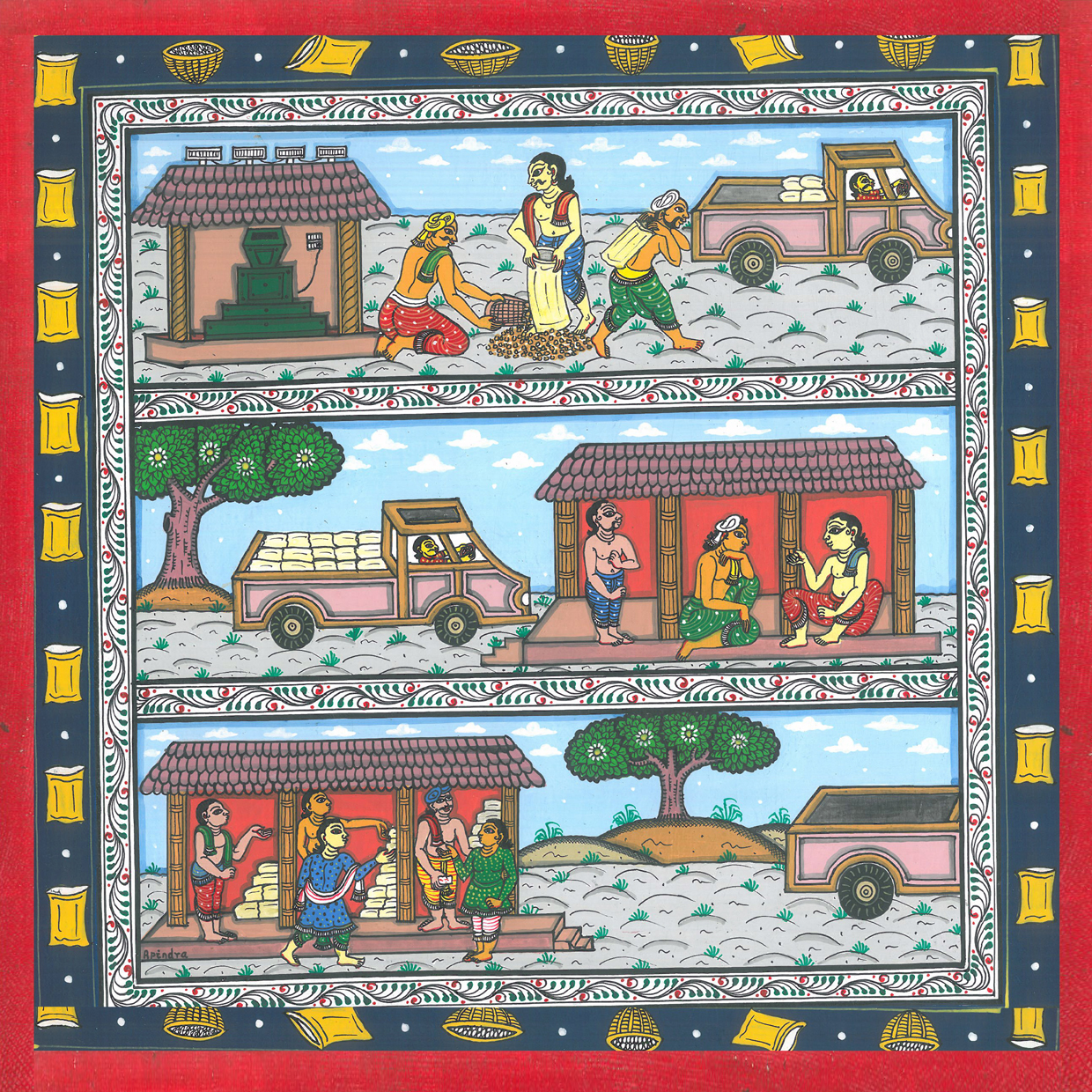
The milling centre eliminated the need for middlemen, by providing a fair price to the farmers. As and when the demand required, the team would pack and transport the processed paddy to nearby markets in their mini trucks for selling. With ample pre-planning alongside the government, they established linkages with surrounding vendors who were in turn responsible for micro-selling.

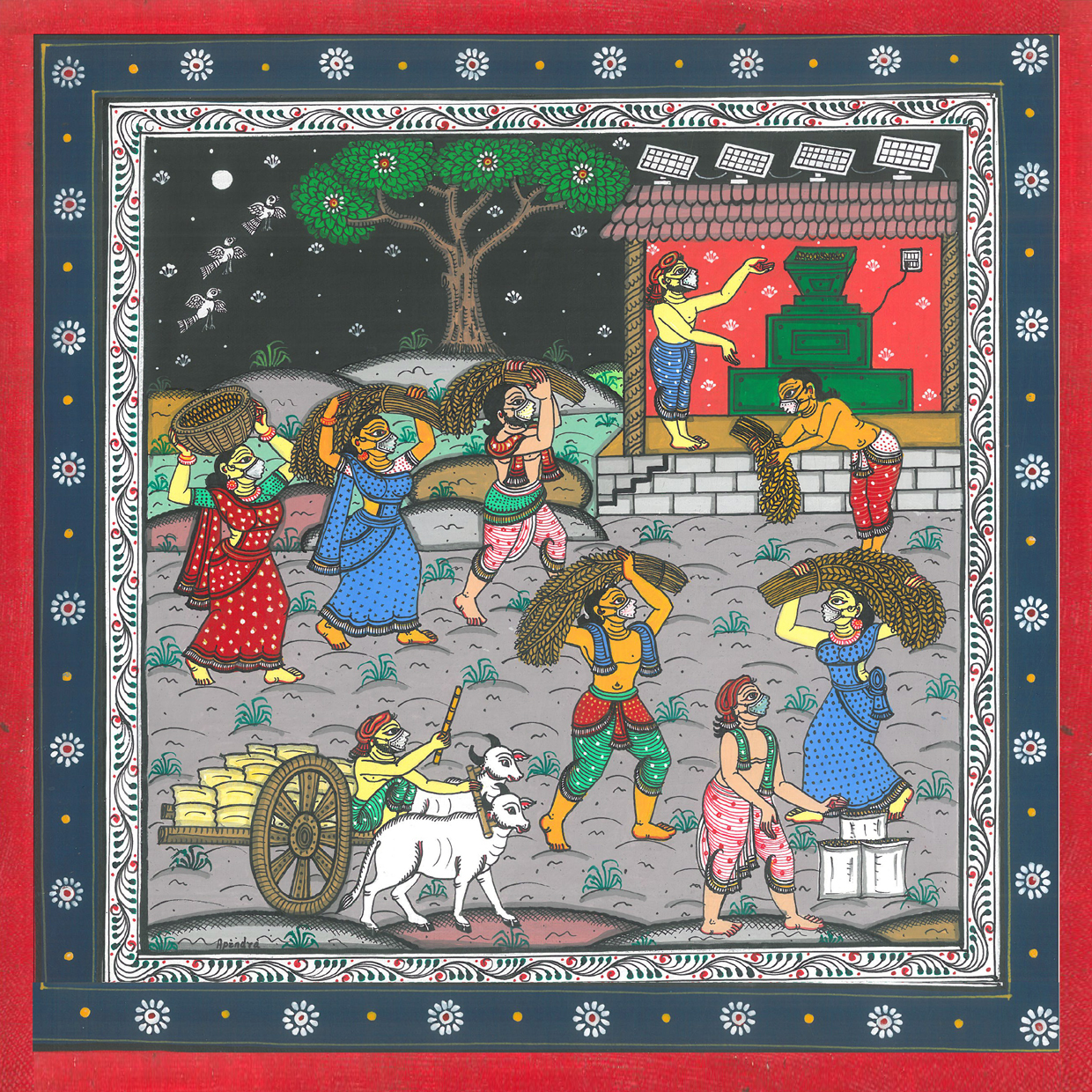
As the COVID-19 cases grew in the country, the Government of India put down strict restrictions on travel and social gatherings, to curtail the pandemic. This affected transportation, supply chains that were geographically spread across villages and towns. Larger mills catering to big farmers, large produce and dealing with more centralised markets had to shut down. The women-led farmer producer centre, thus became the only functional milling centre that was accessible to farmers in the region. With the absence of middlemen, non-members became aware of the mill’s presence and its various benefits, causing an increased footfall at the mill. This rise in demand, caused the centre to be open for extra hours resulting in increased income.
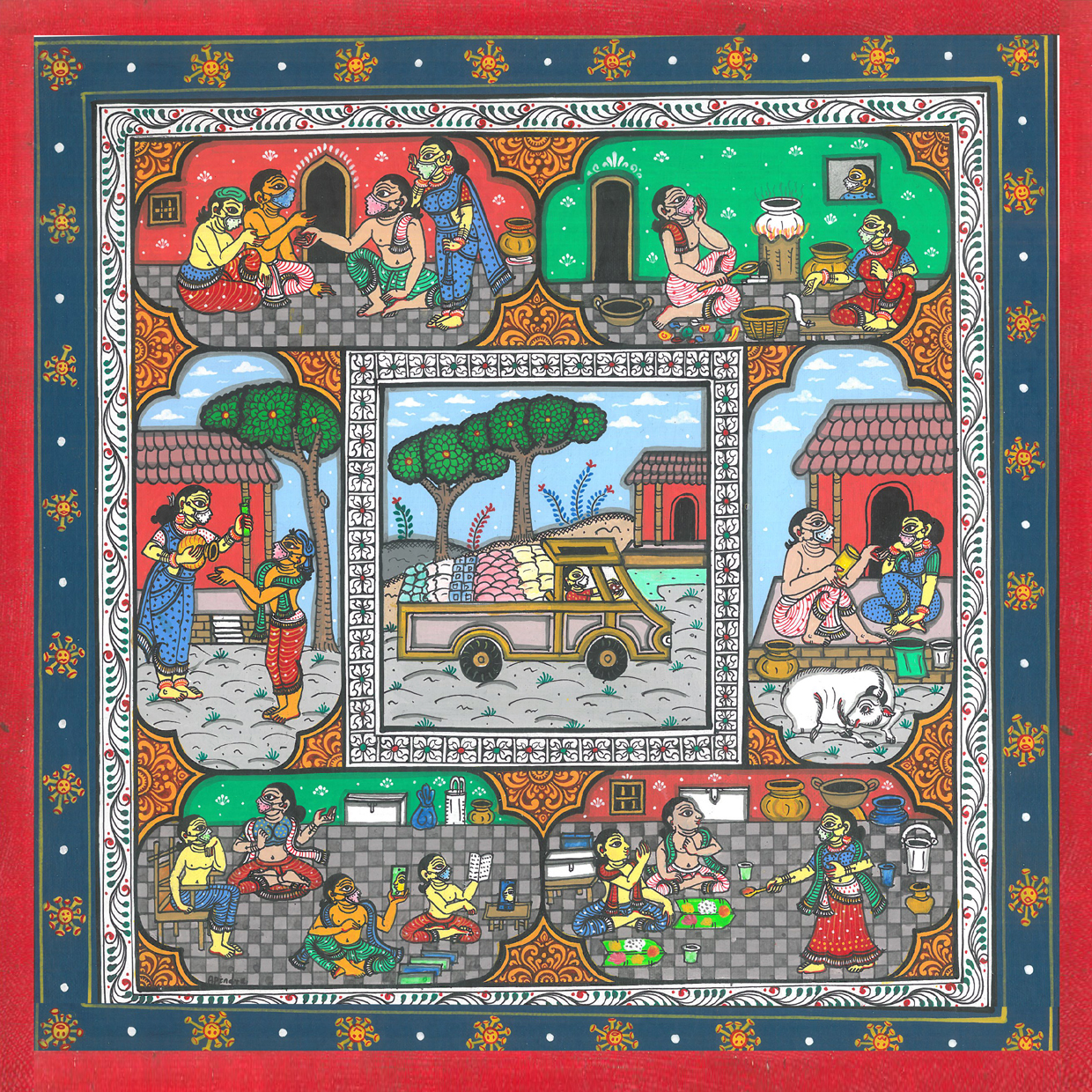
The COVID lockdown also forced many families of the region who had migrated to cities for work, to return back to their villages. In this particular village alone, 150 families had to be accommodated in the local school and community spaces during their quarantine period. The women-led milling centre was duly commissioned by the local authorities to provide weekly rations for all the quarantine centres in the region, thus increasing their profit during the lockdown period. Their mini truck too was hired by local NGO’s and the collectorate for distribution of relief materials.

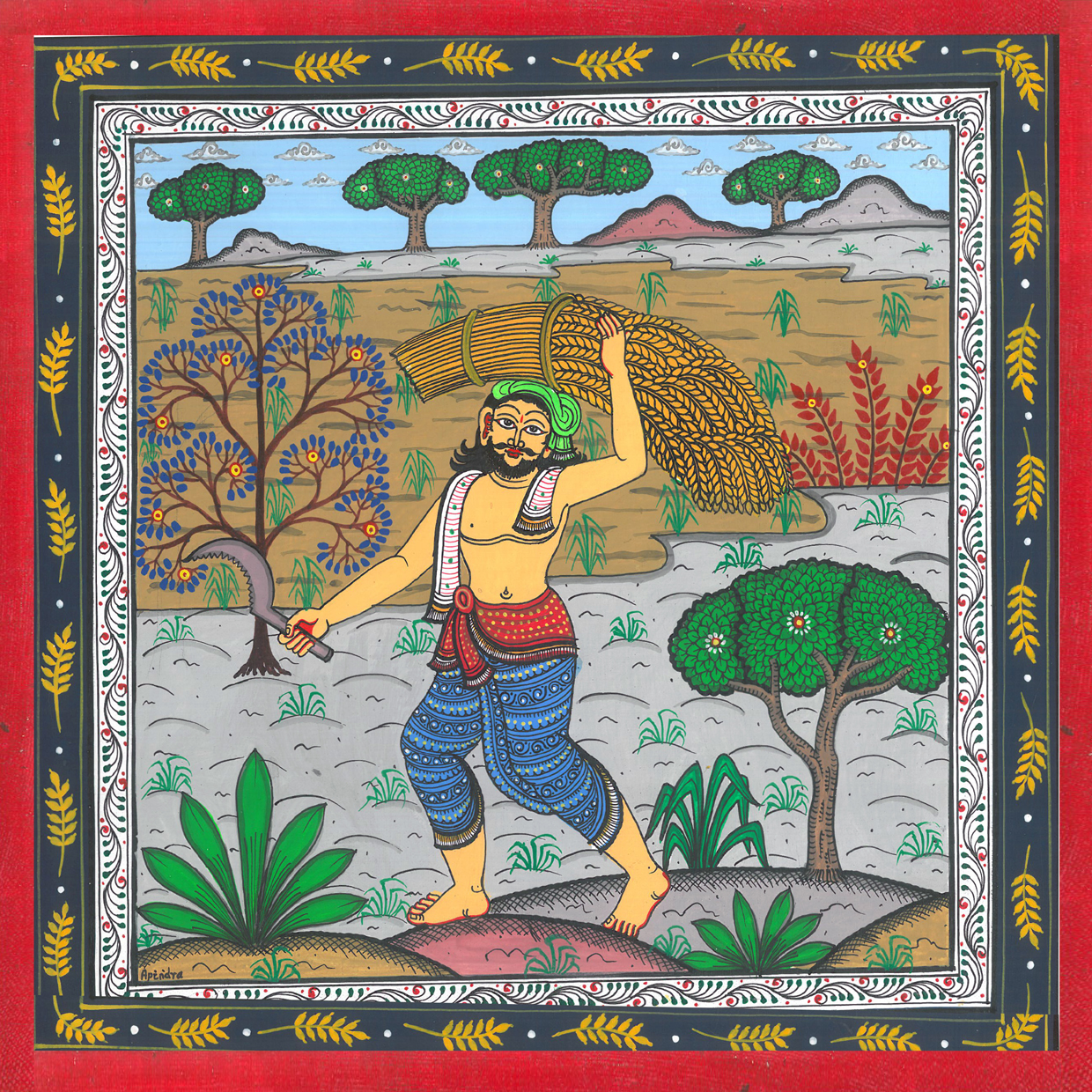
“Our mill is the only mill working in the district. Before the lockdown 5-6 people would visit per day and post the lockdown, there are 12-15 people visiting, with an approximate increase of 6 quintals per day and an increased income of approximately INR 1200 per day” - CEO, FPO
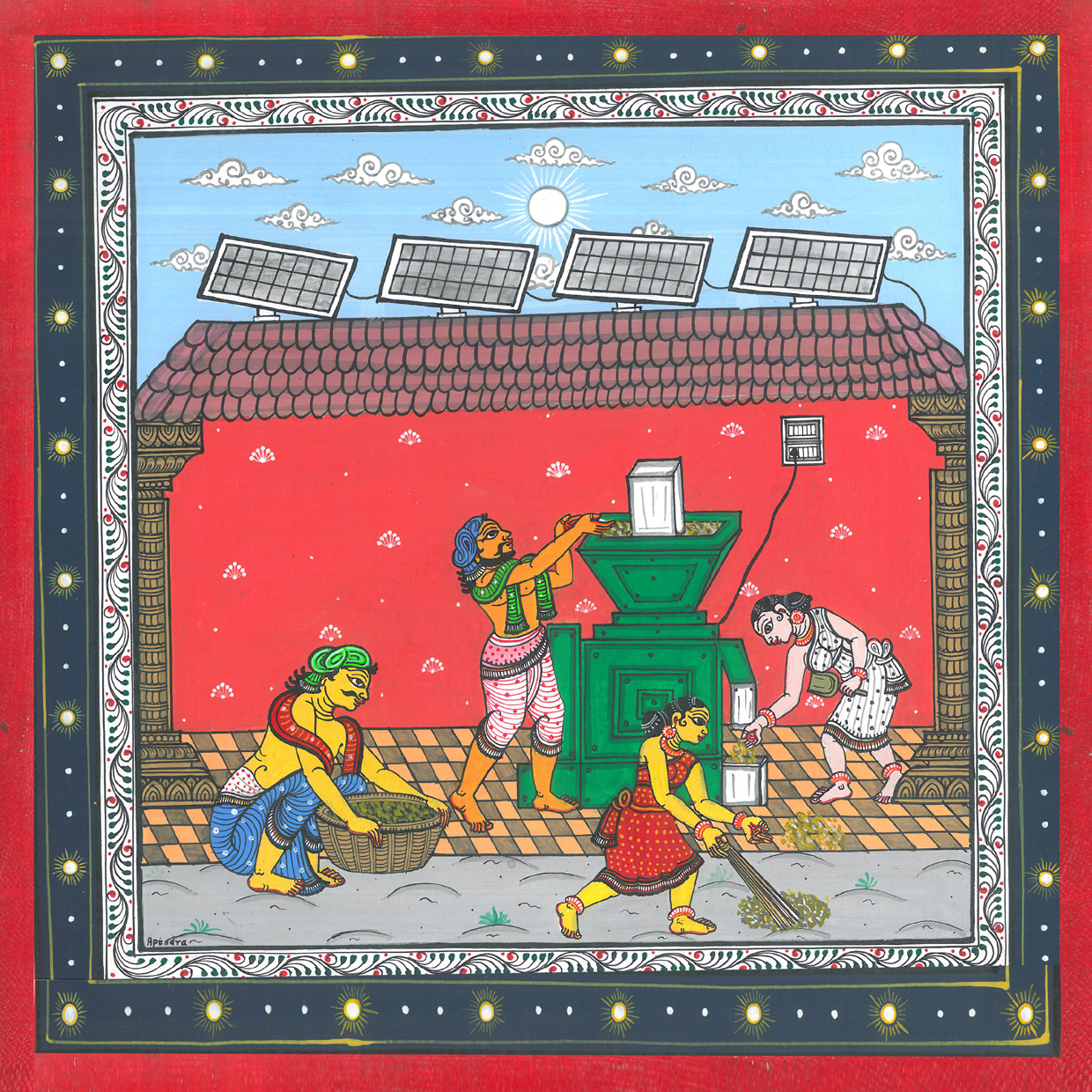
The pandemic is going to force us to redefine models of business, definitions of scale, impact measurements, valuations, growth etc. Grassroots level organizations like Self Help Groups, Farmer Producer organizations, Cooperatives, Rural Banks and Rural Based vocational schools are able to respond and innovate on their processes according to local needs. These should become the future pillars of the economy: a strong direction for the creation of a resilient and inclusive society.

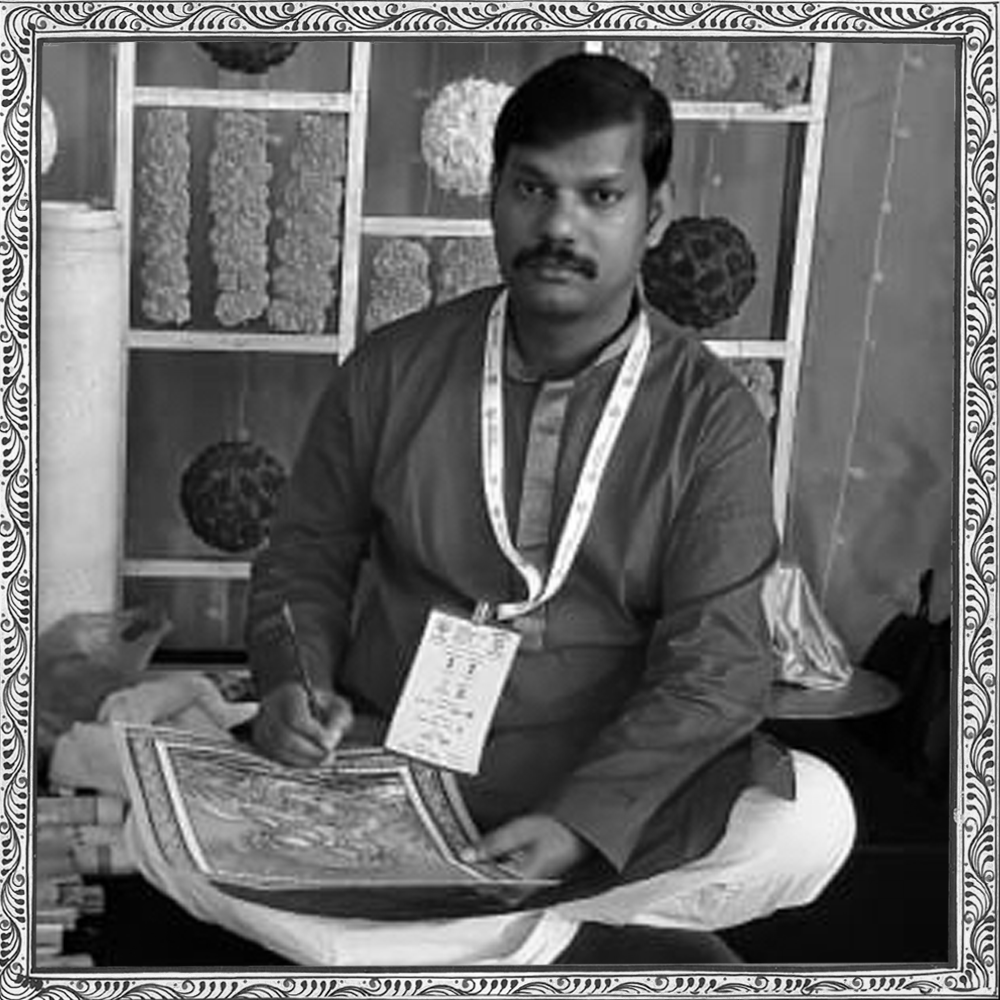
Patachitra by Apindra Swain
Apindra Swain hails from Raghurajpur belonging to a family of artists who create the cloth-based scroll paintings of mythological narratives and folktales. Born in 1982, he began his journey in the craft of palm leaf engraving at the age of 10, assisting his father. Young Apindra joined the family craft enterprise full-time after completing his primary education. Later, he attended a government craft training in Bhubaneswar, and a design workshop at the National Institute of Fashion Technology, Delhi. The versatile artist is also a master of Patachitra, a religious art form. Gradually, as the family business grew, Apindra travelled across the country showcasing his traditional skills and innovative adaptations.
About Patachitra
Patachitra is a traditional, cloth-based scroll painting, based in the eastern Indian states of Odisha and West Bengal. The name Pattachitra has evolved from the Sanskrit words patta, meaning canvas, and chitra, meaning picture. Pattachitra is thus a painting done on canvas, and is manifested by rich colourful application, creative motifs, and designs, and portrayal of simple themes, mostly mythological in depiction.

